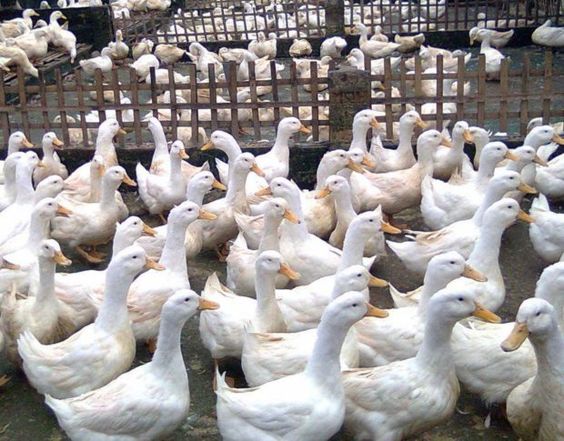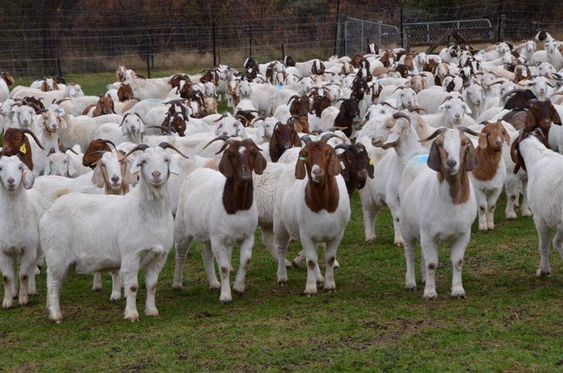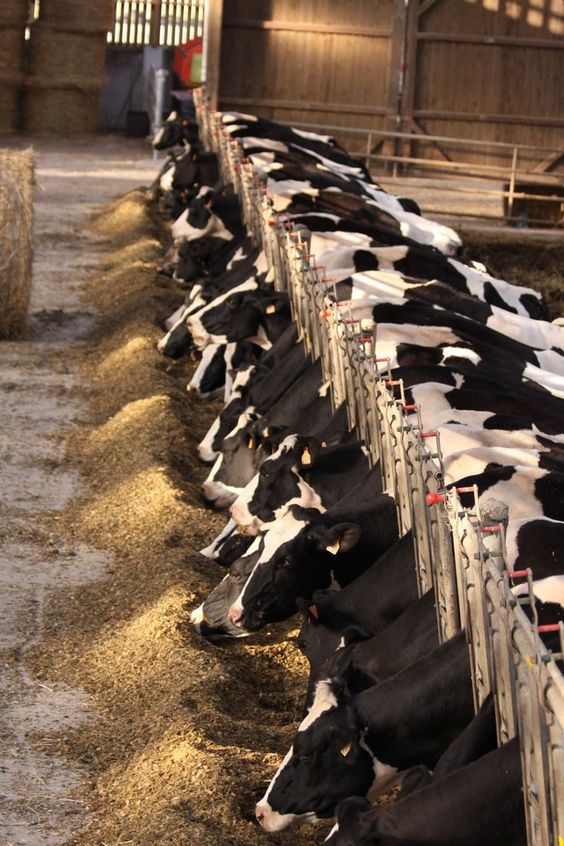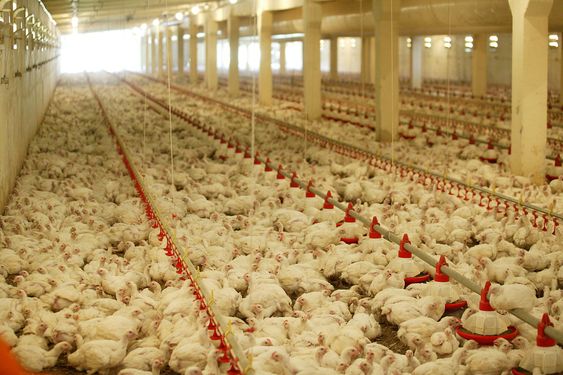Superior Local Ducks: A Comprehensive Guide
Superior Local Ducks are a vital part of the agricultural landscape worldwide, and Indonesia is no exception. Local duck breeds, specifically “Superior Local Ducks,” play a significant role in the country’s food security and economic well-being. This comprehensive guide delves into the world of Superior Local Ducks, exploring their characteristics, benefits, and potential for further development.
What are Superior Local Ducks?
Superior Local Ducks (SLDs) are indigenous duck breeds in Indonesia that have been identified for their superior qualities compared to other local breeds. These qualities can include:
- Increased egg production: Some SLDs lay more eggs than other local breeds, contributing significantly to household income and overall egg availability.
- Enhanced meat quality: SLDs may have faster growth rates, leaner meat, or superior flavor compared to other local breeds.
- Improved hardiness: SLDs might exhibit greater resistance to diseases and adaptability to local climatic conditions.
The identification of SLDs is often done through research and evaluation by government agencies in collaboration with universities and local farmers. Breeding programs focus on selecting ducks with desirable traits and maintaining genetic diversity within the population.
Here are some examples of well-known SLDs in Indonesia:
- Alabio Duck: Known for its large size, good egg production, and adaptability to swampy environments.
- Mojosari Duck : Renowned for its high egg-laying capacity and delicious meat.
- Tegal Duck : Appreciated for its tender meat and fast growth rate.
Benefits of Superior Local Ducks
The significance of SLDs extends far beyond simply being a source of food. Here’s a breakdown of the benefits they offer:
- Economic Empowerment: SLD farming provides a sustainable livelihood for many rural households. Increased productivity translates to higher income for farmers.
- Food Security: SLDs contribute significantly to the availability of protein-rich food sources within communities. Their hardiness allows for reliable production even in challenging environments.
- Biodiversity Conservation: Promoting SLDs helps preserve Indonesia’s unique genetic heritage. These breeds are adapted to local ecosystems, promoting a more balanced and sustainable agricultural landscape.
- Cultural Significance: Ducks hold a special place in Indonesian culture. Raising SLDs connects farmers to their traditions and heritage.
Goals for the Future of Superior Local Ducks
While SLDs offer numerous advantages, there’s always room for improvement. Here are some key goals for the future of SLDs in Indonesia:
- Improved Breeding Programs: Implementing more advanced breeding techniques can enhance desirable traits like egg production, meat quality, and disease resistance.
- Enhanced Disease Management: Developing effective vaccination programs and biosecurity measures can minimize losses due to diseases in SLD flocks.
- Value Chain Development: Creating a robust value chain that connects SLD farmers with processors, retailers, and consumers can ensure fair prices and better market access for farmers. This might involve establishing cooperatives, promoting direct marketing initiatives, and creating branding strategies for SLD products.
- Research and Development: Investing in research on SLDs can lead to the development of better feed formulations, improved housing systems, and effective disease control strategies.
- Consumer Awareness: Raising public awareness about the benefits of SLDs can encourage consumers to seek out these products and support local farmers. This could be achieved through educational campaigns, farmer’s markets, and partnerships with restaurants.
- Ideas and Suggestions for the Development of Superior Local Ducks To achieve the goals mentioned above, here are some specific ideas and suggestions:
- Establishing SLD Breeding Centers: These centers can focus on maintaining genetic purity, developing breeding lines with superior traits, and offering breeding stock to farmers. This can ensure the availability of high-quality SLDs for farmers.
- Training and Education Programs: Providing training programs for farmers on topics like SLD breeding, disease management, nutrition, and financial management can equip them with the knowledge and skills necessary for successful SLD farming.
- Developing SLD-Specific Feed Formulations: Superior Local Ducks,Research into feed formulations tailored to the specific needs of SLDs can optimize growth rates, egg production, and overall health.
- Promoting Sustainable Farming Practices: Encouraging environmentally friendly practices can minimize environmental impact and ensure the long-term sustainability of SLD farming. This could involve implementing waste management strategies, using natural fertilizers, and promoting responsible water usage.
- Exploring Niche Markets (continued): Identifying niche markets for SLD products like organic eggs, duck meat with specific certifications (e.g., free-range), or value-added products like processed duck meat or salted eggs can create additional income opportunities for farmers.
- Utilizing Technology: Embracing technology can revolutionize SLD farming. Examples include using mobile applications to access market information and veterinary advice, implementing automated feeding systems, and leveraging digital platforms for marketing and sales.
- Partnerships and Collaboration: Building partnerships between farmers, researchers, government agencies, and the private sector can foster knowledge sharing, resource allocation, and joint problem-solving for the betterment of the SLD industry.
Community Engagement and Capacity Building
The success of SLD development hinges on strong community engagement and capacity building. Here are some ways to achieve this:
- Farmer Cooperatives: Encouraging the formation of farmer cooperatives can empower SLD farmers by enabling them to collectively negotiate better prices for inputs and products, access shared resources like processing facilities, and gain bargaining power in the market.
- Women’s Empowerment: Women often play a significant role in SLD farming. Providing training programs and resources specifically targeted towards women can ensure their active participation and leadership in the industry.
- Youth Engagement: Attracting young people to SLD farming is crucial for the long-term sustainability of the sector. This can be achieved through educational programs, mentorship initiatives, and showcasing the potential of SLD farming as a viable and rewarding career option.






